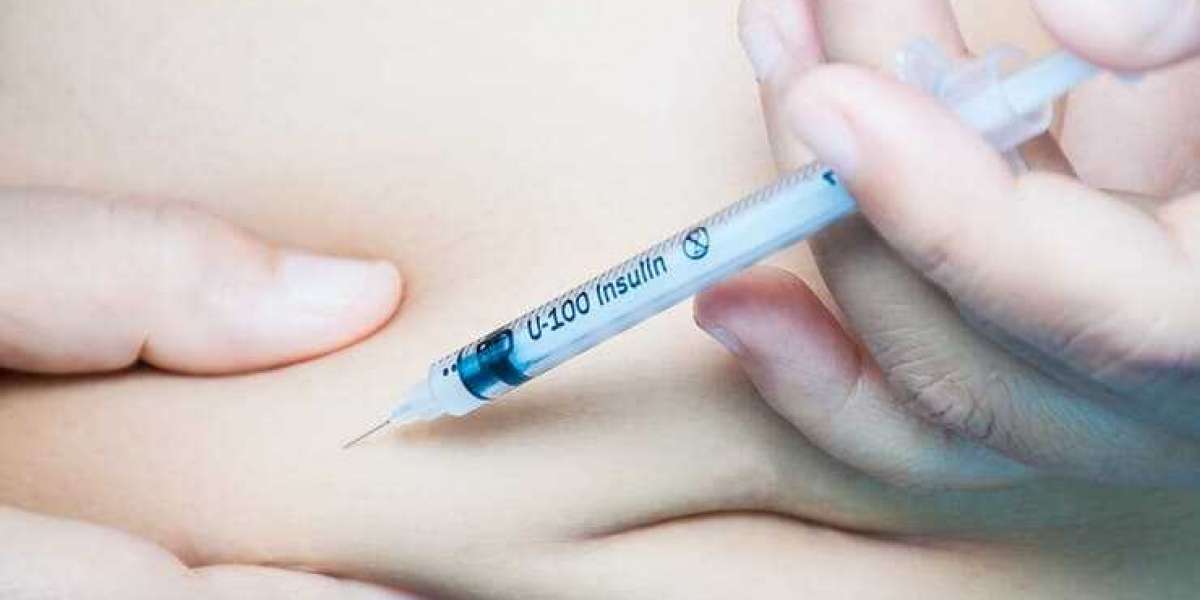In recent years, peptide hormone therapy has emerged as a powerful tool in the realm of modern medicine and wellness. This innovative treatment harnesses the benefits of peptides—short chains of amino acids that play crucial roles in various biological processes. From enhancing muscle growth to improving metabolic function, peptide hormone therapy offers a range of potential benefits that can transform health and well-being. This article explores what peptide hormone therapy is, its applications, benefits, and considerations to keep in mind.
Understanding Peptides
Peptides are composed of amino acids, which are the building blocks of proteins. These molecules are naturally occurring in the body and serve essential functions, including acting as hormones, neurotransmitters, and signaling molecules. Peptides are involved in numerous physiological processes, such as:
- Regulating metabolism
- Promoting muscle growth
- Supporting immune function
- Enhancing recovery and healing
Peptide hormone therapy involves administering specific peptides to stimulate the body’s natural processes, leading to various health benefits.
The Mechanism of Peptide Hormone Therapy
Peptide hormone therapy works by introducing synthetic or bioidentical peptides into the body to mimic natural hormones or enhance their production. This can stimulate specific receptors in the body, leading to improved physiological responses. Depending on the type of peptide used, the therapy can target various issues, including hormonal imbalances, weight management, and muscle recovery.
Types of Peptides Used in Therapy
There are several types of peptides utilized in hormone therapy, each with unique properties and applications:
Growth Hormone-Releasing Peptides (GHRPs)
GHRPs stimulate the release of growth hormone from the pituitary gland. This can lead to increased muscle mass, improved recovery, enhanced fat loss, and overall vitality.
Insulin-Like Growth Factor (IGF-1)
IGF-1 plays a crucial role in growth and development, particularly in muscle tissue. It promotes cell growth and regeneration, making it beneficial for athletes and those recovering from injuries.
Human Chorionic Gonadotropin (hCG)
hCG is often used in peptide hormone therapy to stimulate testosterone production in men and regulate ovulation in women. It can help address hormonal imbalances and support reproductive health.
Melanocyte-Stimulating Hormone (MSH)
MSH is involved in regulating skin pigmentation and can also have effects on appetite and sexual function. It is sometimes utilized in therapies aimed at improving mood and cognitive function.
BPC-157 (Body Protection Compound-157)
BPC-157 is known for its healing properties. It promotes tissue repair, reduces inflammation, and enhances recovery from injuries, making it valuable for athletes and active individuals.
Benefits of Peptide Hormone Therapy
Peptide hormone therapy offers a wide array of potential benefits that can significantly enhance overall health and well-being:
1. Enhanced Muscle Growth and Recovery
One of the most significant advantages of peptide hormone therapy is its ability to promote muscle growth and accelerate recovery. Peptides like GHRPs and IGF-1 stimulate muscle protein synthesis, allowing individuals to achieve their fitness goals more effectively.
2. Improved Metabolic Function
Peptide hormone therapy can enhance metabolic function, supporting weight management and fat loss. By stimulating growth hormone release, individuals may experience increased fat oxidation and improved energy levels.
3. Hormonal Balance
For those experiencing hormonal imbalances, peptide hormone therapy can help restore equilibrium. This is particularly beneficial for aging individuals or those with conditions affecting hormone production.
4. Enhanced Healing and Recovery
Peptides like BPC-157 promote tissue repair and regeneration, helping individuals recover from injuries or surgeries more swiftly. This can lead to improved mobility and a quicker return to normal activities.
5. Improved Cognitive Function and Mood
Certain peptides, such as MSH, may have positive effects on mood and cognitive function. By enhancing neurotransmitter activity, peptide hormone therapy can help improve mental clarity and emotional well-being.
6. Support for Immune Function
Peptide hormone therapy may also bolster the immune system, enhancing the body’s ability to fight infections and recover from illnesses. This is particularly beneficial for individuals with compromised immune systems.
Who Can Benefit from Peptide Hormone Therapy?
Peptide hormone therapy can be beneficial for a wide range of individuals, including:
Athletes and Fitness Enthusiasts: Those looking to enhance muscle growth, improve recovery times, and optimize performance can benefit significantly from peptide hormones.
Individuals with Hormonal Imbalances: Men and women experiencing symptoms related to hormonal deficiencies, such as fatigue, weight gain, or decreased libido, may find relief through peptide hormone therapy.
Aging Adults: As individuals age, hormone levels naturally decline. Peptide hormone therapy can help restore balance and improve quality of life.
Individuals Recovering from Injuries: Athletes or active individuals recovering from injuries can utilize peptides like BPC-157 to accelerate healing and regain strength.
Considerations and Potential Side Effects
While peptide hormone therapy offers numerous benefits, it is essential to approach it with caution. Here are some considerations to keep in mind:
1. Consultation with a Healthcare Professional
Before starting any peptide hormone therapy, individuals should consult with a qualified healthcare provider. A comprehensive evaluation can help determine the most appropriate peptides and dosages for individual needs.
2. Quality of Peptides
The effectiveness and safety of peptide hormone therapy depend significantly on the quality of the peptides used. It is crucial to source peptides from reputable suppliers to ensure purity and efficacy.
3. Potential Side Effects
While peptide hormone therapy is generally well-tolerated, some individuals may experience side effects, including:
- Injection site reactions
- Hormonal fluctuations
- Mood changes
- Headaches or fatigue
Monitoring and adjusting dosages under the guidance of a healthcare professional can help mitigate these risks.
4. Legal and Regulatory Considerations
The legality of peptide hormone therapy can vary by region. Individuals should be aware of local regulations governing the use of peptides and ensure compliance with applicable laws.
Conclusion
Peptide hormone therapy represents a promising advancement in the field of health and wellness. By harnessing the power of peptides, individuals can enhance muscle growth, improve recovery, and restore hormonal balance. With benefits that extend to various aspects of health, this innovative treatment offers a pathway to improved well-being for many.
For those interested in exploring the potential of peptide hormone therapy and discovering how it can enhance their health and performance, consider reaching out to Edge Peptide Therapy. Take the first step towards optimizing your health and vitality today!







